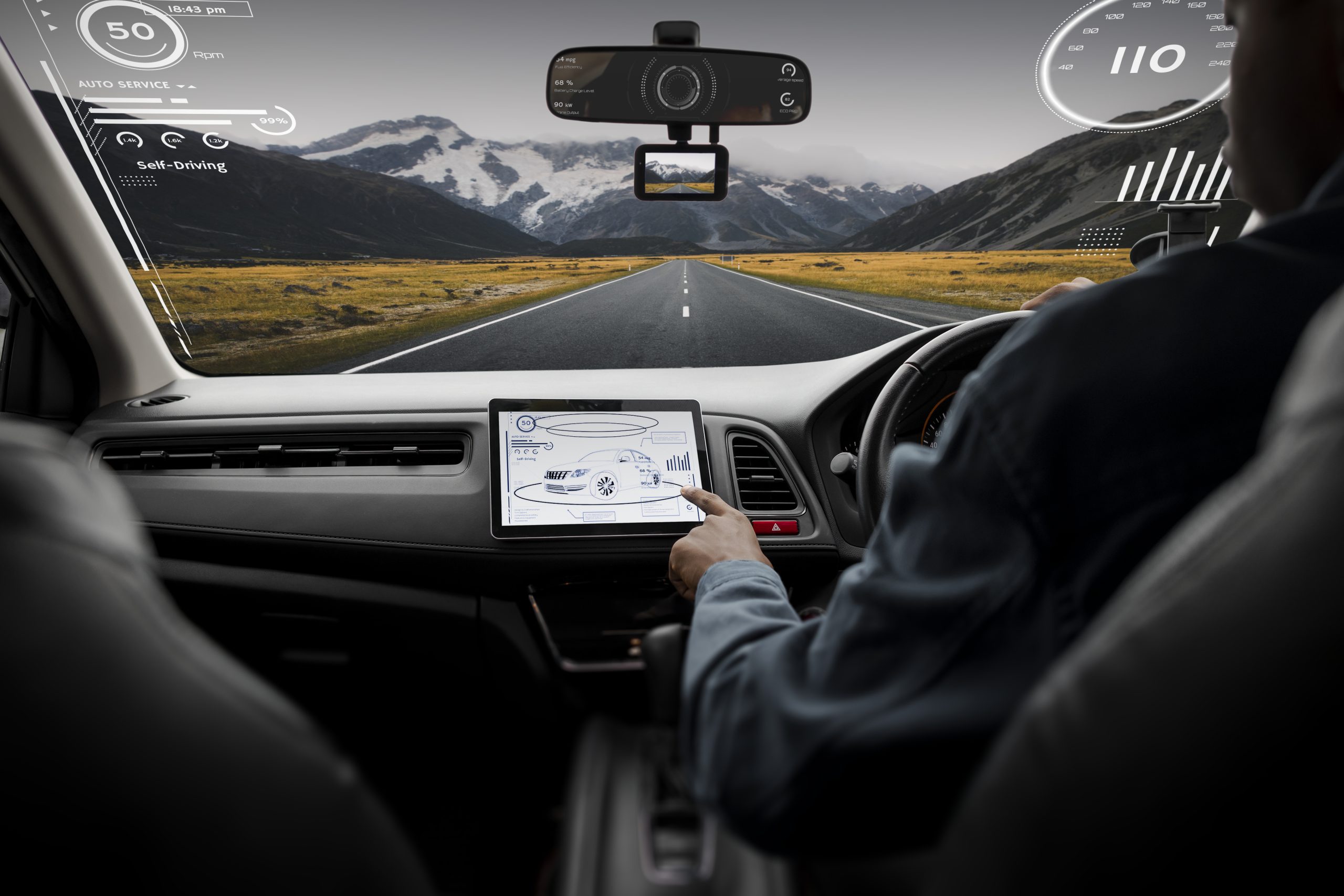With technological advances, many dealerships now install tracking devices in vehicles for theft recovery, loan default tracking, or fleet management. While these trackers can provide security benefits, some car owners may be unaware of their presence or want to ensure privacy.
In this guide, I will help you understand how to detect a tracker in your vehicle, where to look, and what steps to take if you find one.
1. Check the Dealership Agreement and Disclosure
The first step is to review your purchase agreement and any paperwork the dealership provides. Reputable dealerships typically disclose if they install tracking devices, as laws in many regions require notifying customers. A tracker is likely installed if your paperwork mentions telematics, GPS tracking, or vehicle monitoring systems. Call the dealership if you’re unsure or if the paperwork is unclear.

2. Use a GPS Detector or Scanner
One of the most effective ways to detect a GPS tracker is to use a GPS detection device. These devices scan for radio frequencies typically used by trackers to communicate. Handheld GPS detectors are available at electronics stores and online, and they can quickly identify whether there is an active signal in the car. For added accuracy, move the detector around different areas of the vehicle, such as under the seats, the glove compartment, and near the dashboard, as these are familiar places for hidden devices.
Potential Reasons for Installing Trackers
Dealerships and financing companies install tracker systems in vehicles for many reasons, including security, asset management, and customer support. The following stand out as the most common.
1. Automatic Theft and Recovery Systems
Misusing a tracking device allows a stolen car’s owner to quickly retrieve their car as the tracker gets deployed to display coordinates. Given how frequently vehicles are stolen in the metropolitan region, a risk area for dealerships and insurance organisations would be to incorporate a GPS unit inside the car so that when the vehicle does get snatched, the dealership has in-built technology that automatically performs GPS tracking. GPS tracking overcomes these shortcomings significantly and allows for search and retrieval to be restored.
If piracy persists in some regions, such as regions with high concentrations of uninsured vehicles, car trackers would be invaluable assets for both leasing organisations and automobile dealerships.
2. Default Risk in Loans and Repossession
If dealerships lend out cars with mountable trackers, then there is a chance of default and theft, significantly reducing the risk of loss. Like car leasing organizations, car trackers are most relevant for “buy-here, pay-here” organizations where the loans are usually subprime, and the default provides substantial risk that has built-in barriers to bypass those heavy risks.
Because of signed contracts, it is common practice to repossess autos when debt is unpaid. This ultimately reduces the risk for organisations that lenders are all about subordinating their investment while having exposure to auto-securing collateral.
3. Fleet Management and Business Vehicles
Some 500 down payment car dealerships have specialised corporate leasing or fleet leasing programs under which employers hire several cars for their employees. Trackers help look after the fleet, depending on where the car is used and the maintenance done. This can benefit businesses in logistics, delivery, or sales since they require knowing the location of their vehicles to be more efficient.
4. Insurance Requisites
Some companies charge a lesser premium or give out discounts to their clients who install GPS trackers on their vehicles, as they act as networked hardware anti-theft devices. Business schools recommend that, and therefore, dealerships may, in such contexts, place trackers to satisfy such requirements or even allow clients to cut down their insurance costs.
5. Vehicle Diagnostics and Customer Support
Dealerships may ease customers’ burdens by informing them that a device has certain characteristics. Trailers can be very informative about the technical aspects of a car, and a dealership may make everyone aware of how restraints can limit customers’ activity.
More Frequently Asked Questions
Is it legal for dealerships to install trackers?
Yes, it’s legal in many regions as long as the dealership discloses it to the buyer.
How do I know if a tracker is affecting my car’s battery?
If your car battery drains faster than usual, it could be due to an active tracker drawing power.
Conclusion
Finding a tracker in your vehicle can be concerning, but you can identify if one is present with the proper steps. Review your purchase agreement, use a GPS detector, manually inspect common hiding spots, and scan for unknown Bluetooth or Wi-Fi devices. If you locate a tracker, consult the dealership about your options, especially if it was installed for financing or monitoring purposes. By understanding the presence of these devices, you can make informed choices about your vehicle’s privacy and security.
